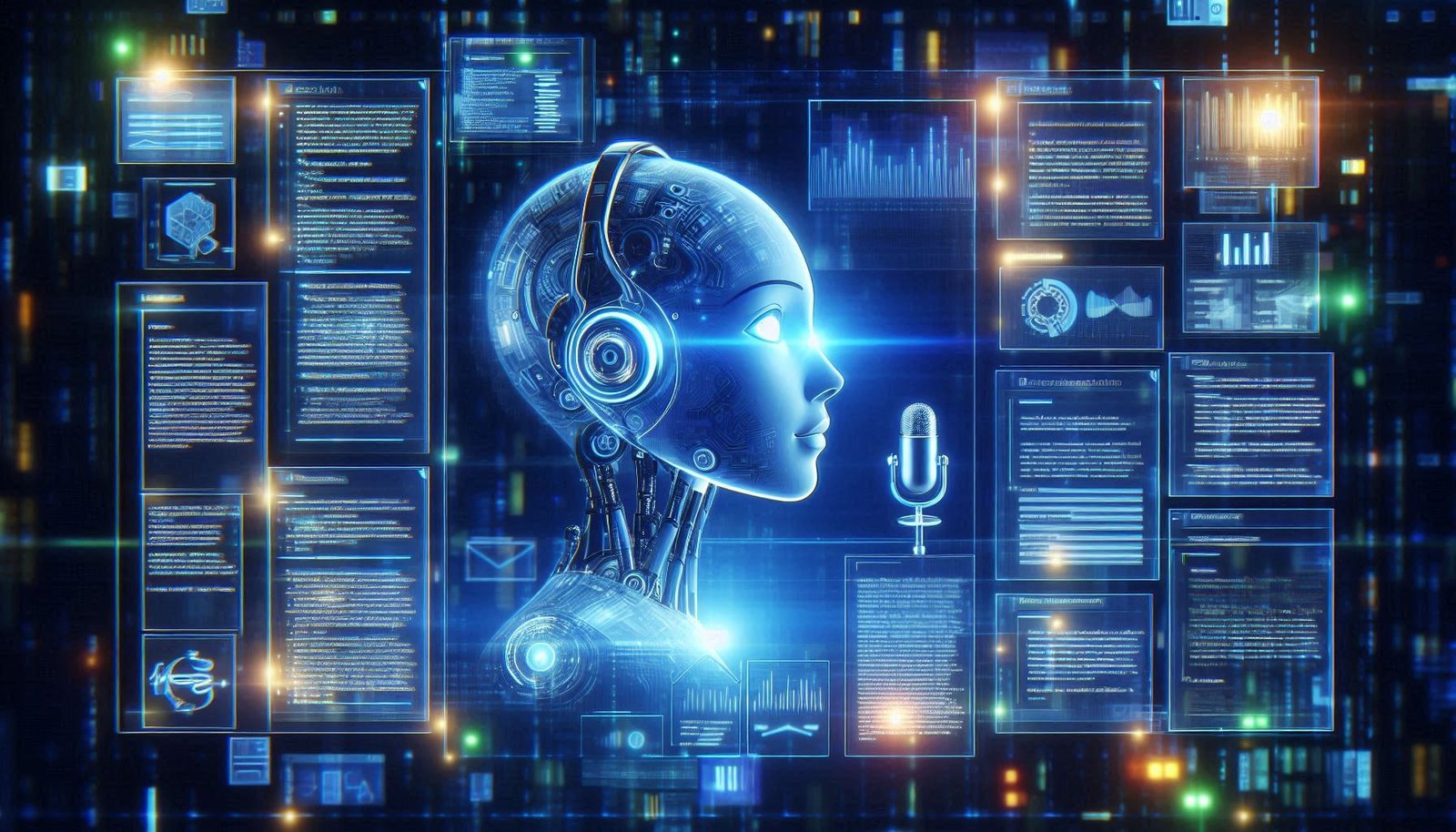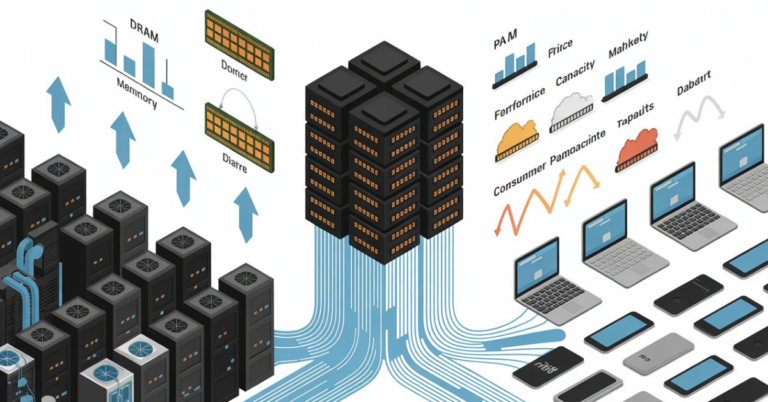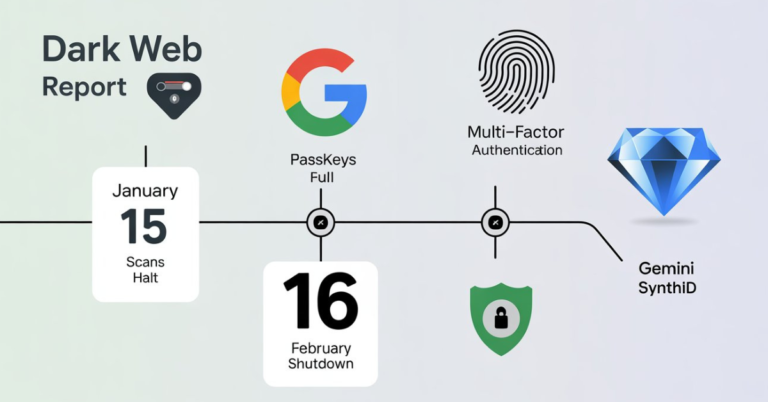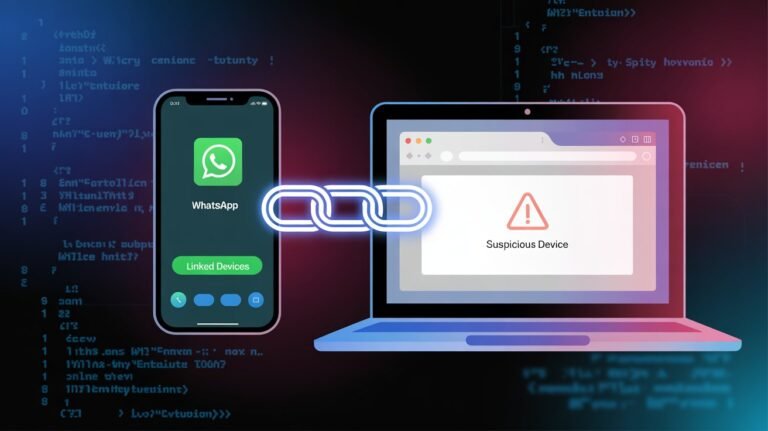Anthropic’s AI assistant Claude is shaking up data analysis with its latest update. Announced on May 2, 2025, the upgraded “Research” feature lets Claude autonomously investigate topics for up to 45 minutes—tripling its previous runtime. The tool scours hundreds of internal and external sources, breaking complex queries into subtasks and compiling reports with citations.
But does it deliver? We tested it alongside AI experts to find out.
How Claude’s Extended Research Time Benefits Users
Traditional manual research on topics like market trends or academic studies can take hours. Claude’s AI now handles this in under an hour, offering:
-
Multi-source synthesis: Cross-references academic journals, news, and internal databases.
-
Citation trails: Links to original sources for verification (though accuracy varies).
-
Enterprise applications: Drafts competitor analyses or regulatory reports automatically.
Dr. Elena Torres, AI researcher at Stanford’s Human-Centered AI Institute, notes:
“Extended runtime allows Claude to mimic human-like research depth, but users must treat it as a drafting assistant, not a final authority. Cross-checking remains critical.”
Putting Claude’s Research Skills to the Test
We asked Claude: “Who invented video games?” In 13 minutes, it generated a detailed report crediting Ralph Baer (1960s prototypes) and Nolan Bushnell (1972’s Pong), citing sources like the Smithsonian and IEEE Annals.
The catch?
-
One quote attributed to William Higinbotham (1958’s Tennis for Two) combined two uncited sources.
-
Source URLs were missing in the markdown export, complicating verification.
This aligns with a 2024 MIT Technology Review study finding that 68% of AI-generated reports contain “minor confabulations”—plausible but inaccurate details.
New Integrations Boost Workplace Efficiency
Beyond research, Claude now connects to 10+ tools via Model Context Protocol (MCP), including:
-
Jira/Confluence: Auto-generate project timelines or sprint retrospectives.
-
Zapier: Pull CRM data from HubSpot to create sales reports.
-
PayPal: Analyze transaction trends for fraud detection.
“Integrations let Claude act as a central hub for data,” says Mark Chen, CTO of SaaS analytics firm DataStream.
“However, enterprises need strict access controls. AI shouldn’t have unrestricted API permissions.”
Anthropic plans to add Stripe and GitLab support by late 2025.
Should You Trust AI-Generated Reports?
While Claude’s research mode impresses, experts urge caution:
-
Verify every citation: Use tools like Internet Archive’s Wayback Machine to confirm source validity.
-
Limit sensitive queries: Avoid feeding proprietary data until MCP security audits conclude.
-
Combine with human analysis: A 2025 Pew Research study found teams using AI + human checks reduced errors by 41% versus AI-only workflows.
As AI ethicist Dr. Priya Rao warns:
“Confabulation risks grow with runtime. Longer analyses mean more opportunities for AI to ‘fill gaps’ incorrectly.”
Who Gets Access? Pricing and Availability
-
Beta access: Available now for Max, Team, and Enterprise plans.
-
Global rollout: Web search features expanded to all paid tiers in May 2025.
-
Cost: Enterprise plans start at $45/user/month—competitive with ChatGPT Teams.
The Bottom Line
Claude’s upgrades make it a powerhouse for researchers and enterprises, but its outputs require scrutiny. For experts who can separate fact from fiction, it’s a time-saver. For others, it’s a high-tech starting point—not a finish line.
















